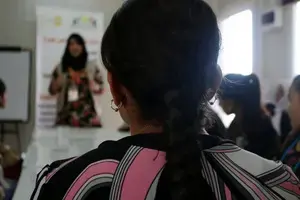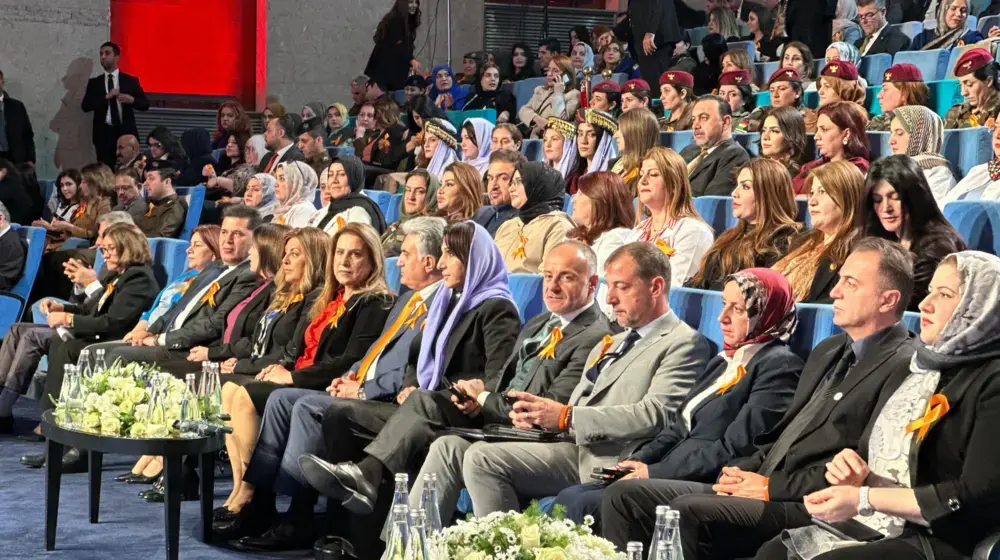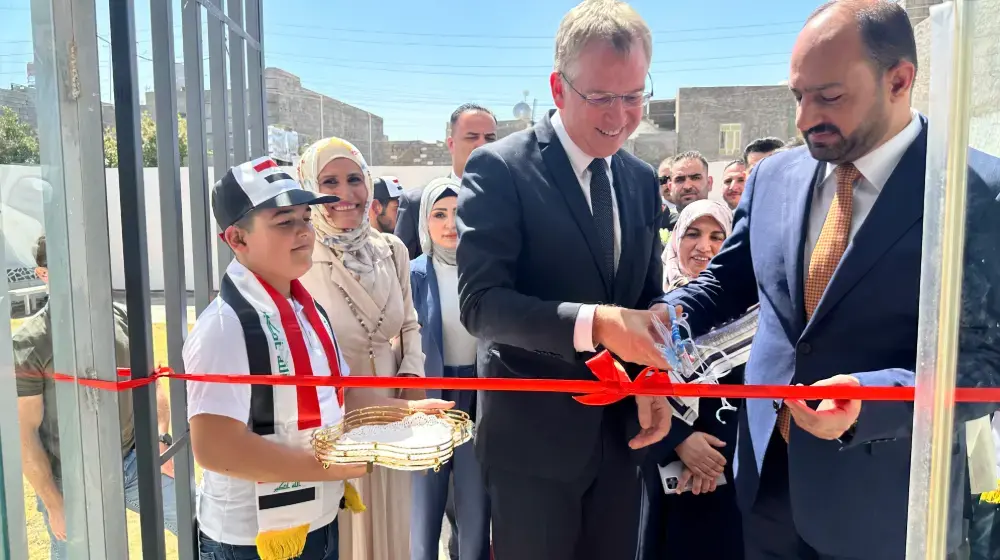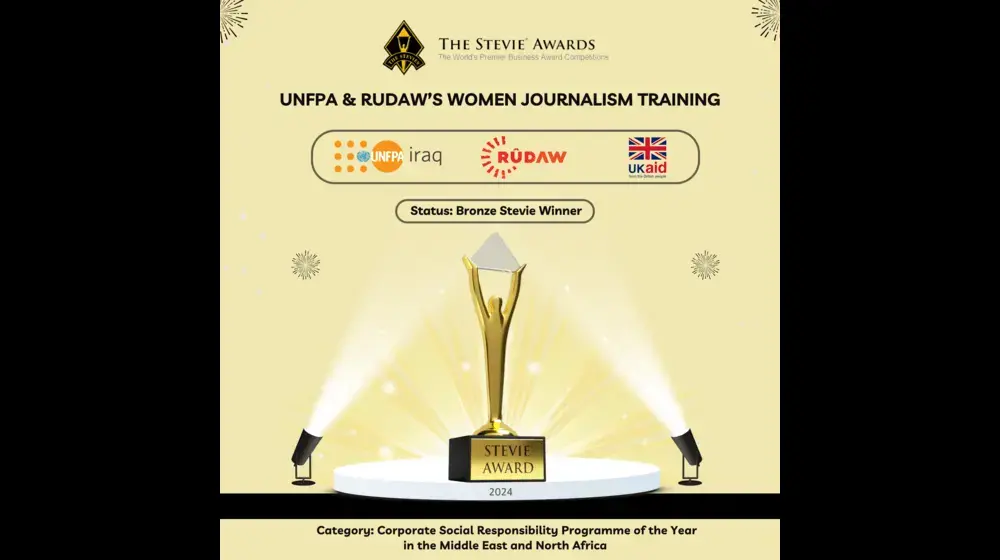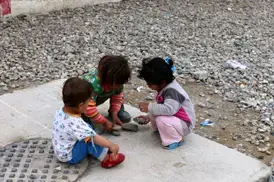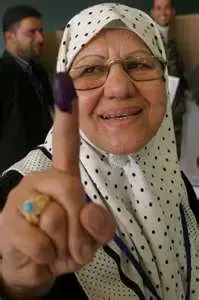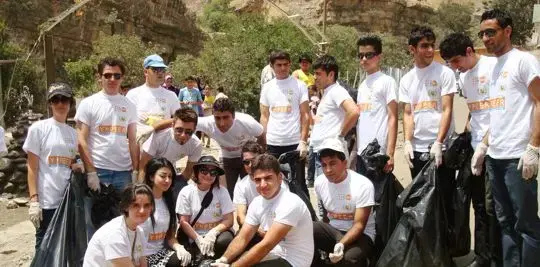UNFPA aims to strengthen the capacity of government and civil society institutions to mitigate and respond to gender-based violence and harmful practices, with a special focus on vulnerable women in humanitarian settings.
This programme output is linked to Outcome 3 of UNFPA’s Strategic Plan and contributes to the UNDAF outcome; Increased inclusion of women and minority groups in decision-making processes on development issues at national and subnational levels. The output also contributes to the National Strategic Plan priority of Human and Social Development. Strategies towards achieving this output will include:
a. Strengthening multi-sectoral response to gender-based violence (health, psychosocial and legal response);
b. Reviewing policies, legislation and institutional frameworks on practices that are harmful to women, including female genital mutilation;
c. Developing a national gender-based violence strategy;
d. Supporting women civil society organisations to advocate for gender equality and empowerment of women;
e. Increasing public awareness of the detrimental impact of gender-based violence on families and communities, including female genital mutilation, child and forced marriage, domestic violence, honour killings, temporary marriages and human trafficking;
f. Strengthening the role of the gender-based violence sub-cluster to provide technical leadership and facilitate cooperation and coordination among organizations active in gender-based violence prevention and response; and
g. Establishing a gender-based violence information management system to collect, store, and analyse incidents reported by survivors using standardized tools and definitions to allow for information sharing in an ethical, secure and anonymous manner.
Activities:
Strengthen multi-sectoral response to gender-based violence (health, psychosocial and legal response;
• Develop a multi-sectoral response training package for uniformed personnel
• Develop skills of health service providers, uniformed personnel and social workers on GBV prevention and response through a multi-sectoral training package
• Institutionalise community based service mapping and effective referral systems for GBV
• Support DOLSAs for effective functionality of women’s shelters
• Support the provision of quality psycho-social services including referrals in Women Community Centres (WCCs), DOLSA/DVAW centres and mobile teams
• Support effective functioning of the DVAW hotline for GBV response and referral throughout Iraq
• Integrate GBV prevention and response into RH services through training of RH providers in caring for GBV survivors including CMR
• Support MoH to replicate the Dohuk survivors’ centre model in other Governorates
• Support integration of RH/GBV and mental health services at health facilities to include mental health support for SGBV cases (staff training, developing protocols and educational materials)
Review policies, legislation and institutional frameworks on practices that are harmful to women, including female genital mutilation;
• Conduct a child marriage situation analysis study.
• Develop a social and behaviour change communication strategy that strengthens the role of male advocates, Govt Institutions, CSOs, Media, cultural/traditional and religious leaders to raise awareness child marriage and FGM
• Conduct evidence-based advocacy and structured dialogues with key community decision-makers on GBV integration and prioritisation (parliament, MOI, Clusters, religious leaders etc)
• Support MoH for the development of Clinical Management of Rape (CMR) protocol and its institutionalisation through orientation sessions
Develop a national gender-based violence strategy;
• Support policy dialogue for effective application on the Law Against Domestic Violence # 8 of 2011
• Review Kurdistan Strategy for Combating VAW (Kurdistan)
Support women civil society organisations to advocate for gender equality and empowerment of women;
• Support strategic public awareness, education and mobilization campaigns through international days and national events.
• Support local communities to establish Women Committees in order to accord displaced women a voice and participation in GBV & RH related issues
Increase public awareness of the detrimental impact of gender-based violence on families and communities, including female genital mutilation, child and forced marriage, domestic violence, honour killings, temporary marriages and human trafficking;
• Develop skills of public officials for prevention and response to child marriage
• Support Government (Legal, Social and Health sectors) and other actors to develop an advocacy and awareness plan for addressing FGM in specific communities in Kurdistan
• Support NGOs to conduct community awareness on GBV risks, FGM, Child marriage, through mobile & outreach teams
• Distribute Dignity Kits as an entry point for awareness raising on GBV services
Strengthen the role of the gender-based violence sub-cluster to provide technical leadership and facilitate cooperation and coordination among organizations active in gender-based violence prevention and response;
• Provide support for effective coordination of the GBV sub-cluster at national and Governorate levels and multi-sectoral coordination during emergencies
• Train partners of GBV Sub-cluster on GBV guiding principles, GBV programme management and inter-agency coordination through developing location-specific GBV sub-cluster coordination work plans and mechanisms
• Develop a GBV sub-cluster strategy
• Develop a GBV sub-cluster dashboards/info-graphs/maps and fact sheet to showcase GBV sub-cluster work
• Spearhead mainstreaming of GBV in other clusters and national policies
• Conduct GBV assessment to inform GBV Sub-cluster priorities
• Monitor and assess GBV response in humanitarian settings to ensure that services are based on the GBV survivor cantered approach
Establish a gender-based violence information management system to collect, store, and analyse incidents reported by survivors using standardized tools and definitions to allow for information sharing in an ethical, secure and anonymous manner;
• Train new data gathering organisations
• Institutionalise annual GBVIMS reports to inform programming and advocacy
• Development and Update GBVIMS information sharing protocol
UNFPA Partners: Ministry of Culture, Ministry of Human Rights, Ministry of Justice, Ministry of Interior, Parliament, Kurdistan Regional Government, Non-governmental organizations, Media, World Health Organization, United Nations Children’s Fund, United Nations Entity for Gender Equality and Empowerment of Women

